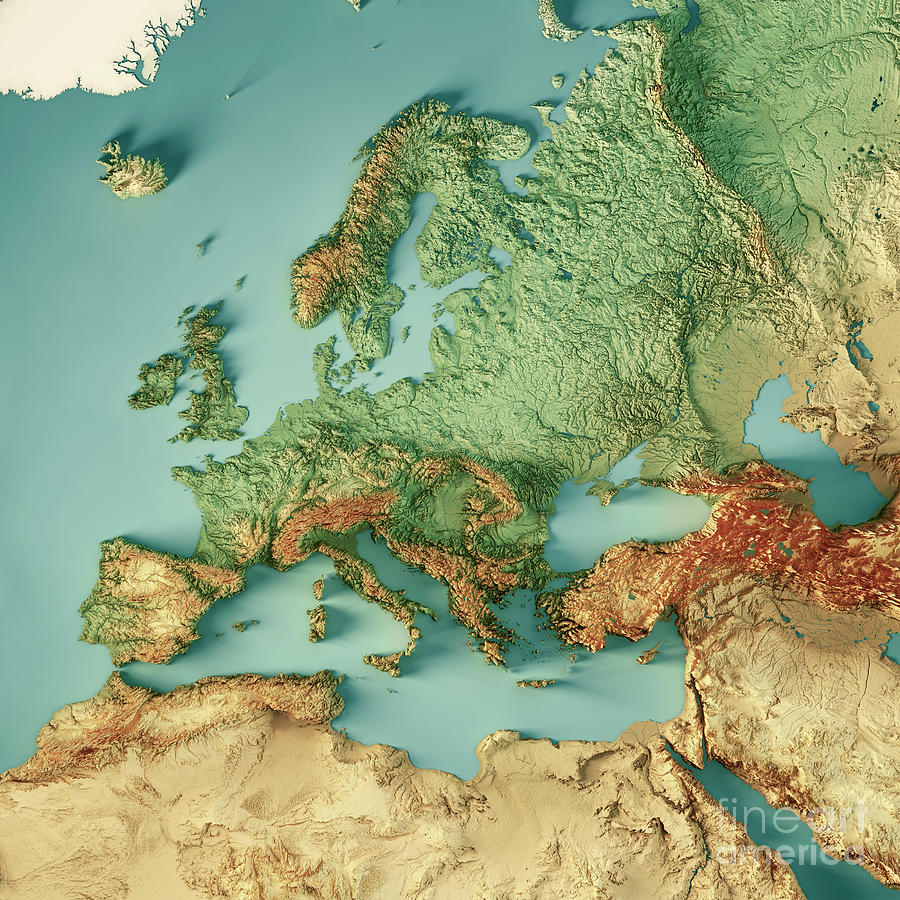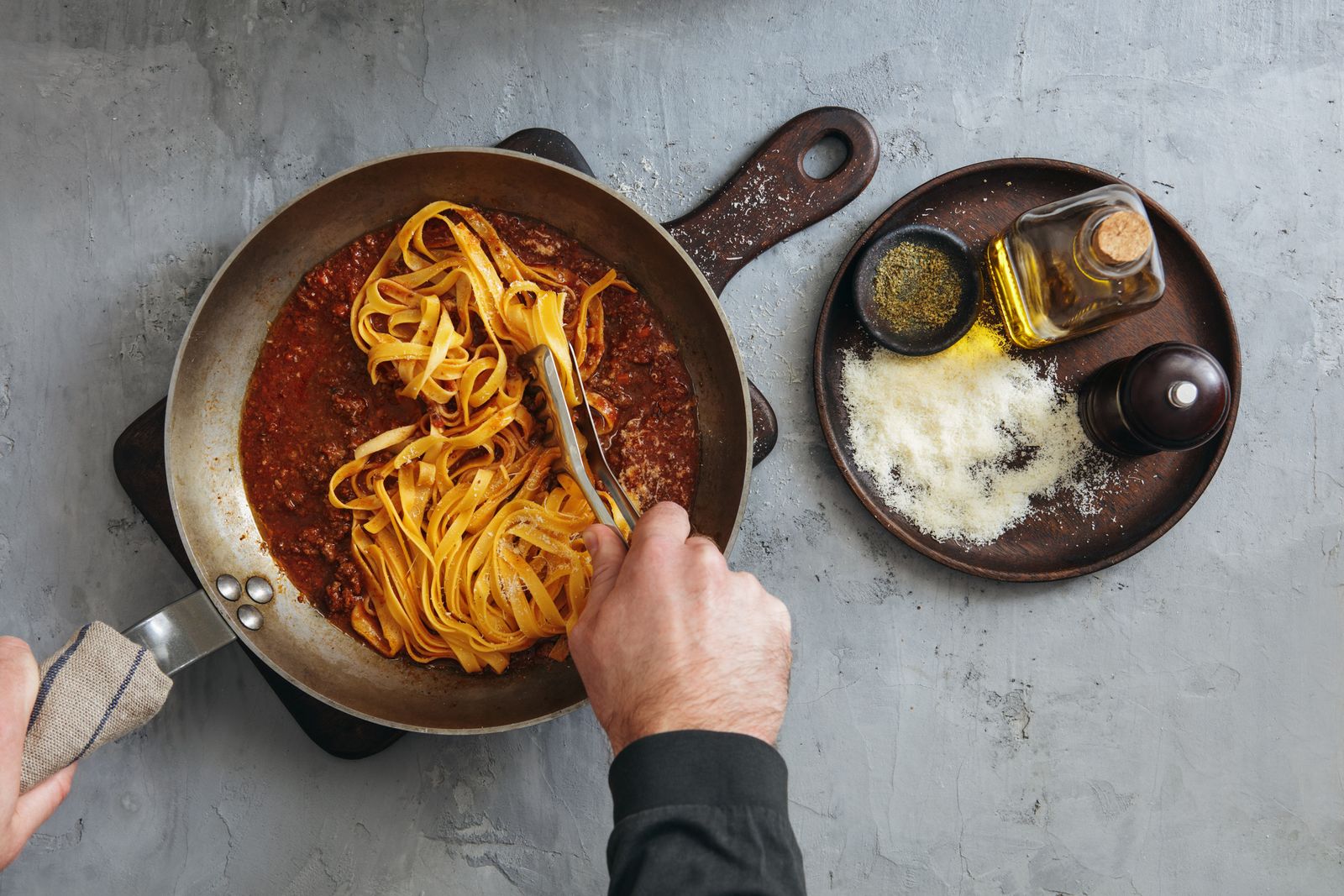To save you all a click and several paragraphs of useless text.
- Use a large pot.
- Fill the pot with cold water.
- Don’t skimp on the salt.
- Do not put oil in the pot.
- Wait until the water reaches a stable boil to add your pasta.
- Stir, stir, stir.
- Remove the lid.
- Keep time, and consistently test.
- Don’t pour all the pasta water down the drain. * Or do if you aren’t making a sauce.
- Don’t rinse cooked pasta.
What lid?
The lid of the pot. Keeping the pot covered makes the water boil quicker
Oh, my pasta pot never had a lid with it.
The pot lid
Italian here Don’t necessarily agree with the large pot, but it definitely doesn’t hurt, so do it until you have enough experience. The rest is good advice except the cold water one, that depends a lot on your pipes. Extra advice: you salt the water, not directly the pasta, so for consistent taste use the same amount of salt for the same amount of water independently from the amount of pasta. To finely adjust how much salt, taste the pasta in the middle of the cooking time, while it’s still hard(ish) and add more salt if needed, don’t do it too late tho because as said before you salt the water and therefore the pasta needs time to absorb it. Ps.Don’t break the pasta intentionally or I will hit you with a wooden spoon
Thank you for your comment!
If people are oiling and rinsing the pasta, they really should reconsider their practices. Cold water sounds like advice from someone living with crappy pipes.
Salt a lot and taste often, yeah.
deleted by creator
The only time I rinse my pasta is if I need it to be cold for the final dish, like macaroni salad.
But I’m also certain that macaroni salad is an abomination to real Italians, so it’s kind of a moot point.
You’re the second person to mention using cold water depends on the pipes. What does this mean?
Exactly that - it depends on where you live and what condition your water supply pipes are in.
Homes built or renovated in the last 30 years or so will likely have copper, PVC or PEX piping, but older homes might have alternative materials that are more porous or contain contaminants. Lead was a common material used for water supply piping in the 20th century, which can combine with chemicals in the water supply to make lead salts, which can be dissolved in warm enough water. That’s not the only material that can cause problems, I’m just giving an example.
In general, warmer water can hold more solvents than colder water, so by using hot water from the tap you are giving the water more of a chance to dissolve more contaminates from your piping, which ends up in your pasta water.
Again, it really depends on what your municipal water system is like and it’s age - in some places with newer piping this is a non issue. And also keep in mind that the hot water is produced inside your house, so as long as the pipes are a non toxic material from the water heater to the faucet, the issue is pretty much nil.
FWIW, I live in a first world country where the infrastructure is old and outdated. I know for a fact my home has copper pipes, but I still don’t trust my city’s water supply, so I always start with cold water.
Thank you… that makes perfect sense and I suppose I should reflect on how fortunate I am to not have to consider such things with my own water.
I was the first >:(
But anyway, the list includes cold water based on hot water pulling more contaminants from pipes.
I should have said “You’re the second person I’ve seen to mention…”
And thank you for the explanation.
Not an Italian but have heard all of it before. Mostly good advice.
1: Recipes often use pasta water for thickening/texture and seasoning. Using lots and lots of water dilutes the starch content but not the salt, which is something to be aware of.
3: Probably use mass units (grams or ounces), as “salt” can mean anything from superfine to huge freaking flakes of the stuff, and they didn’t specify which. This could completely murder your dish.
6: For what it’s worth, I don’t babysit it throughout. I make sure things are well separated, and that the boil keeps it moving. After that I’ve never given a shit, and never ended up with any sticking either, in a stainless pot. Spaghetti, elbow macaroni, fusilli, whatever.
Thank you !





